
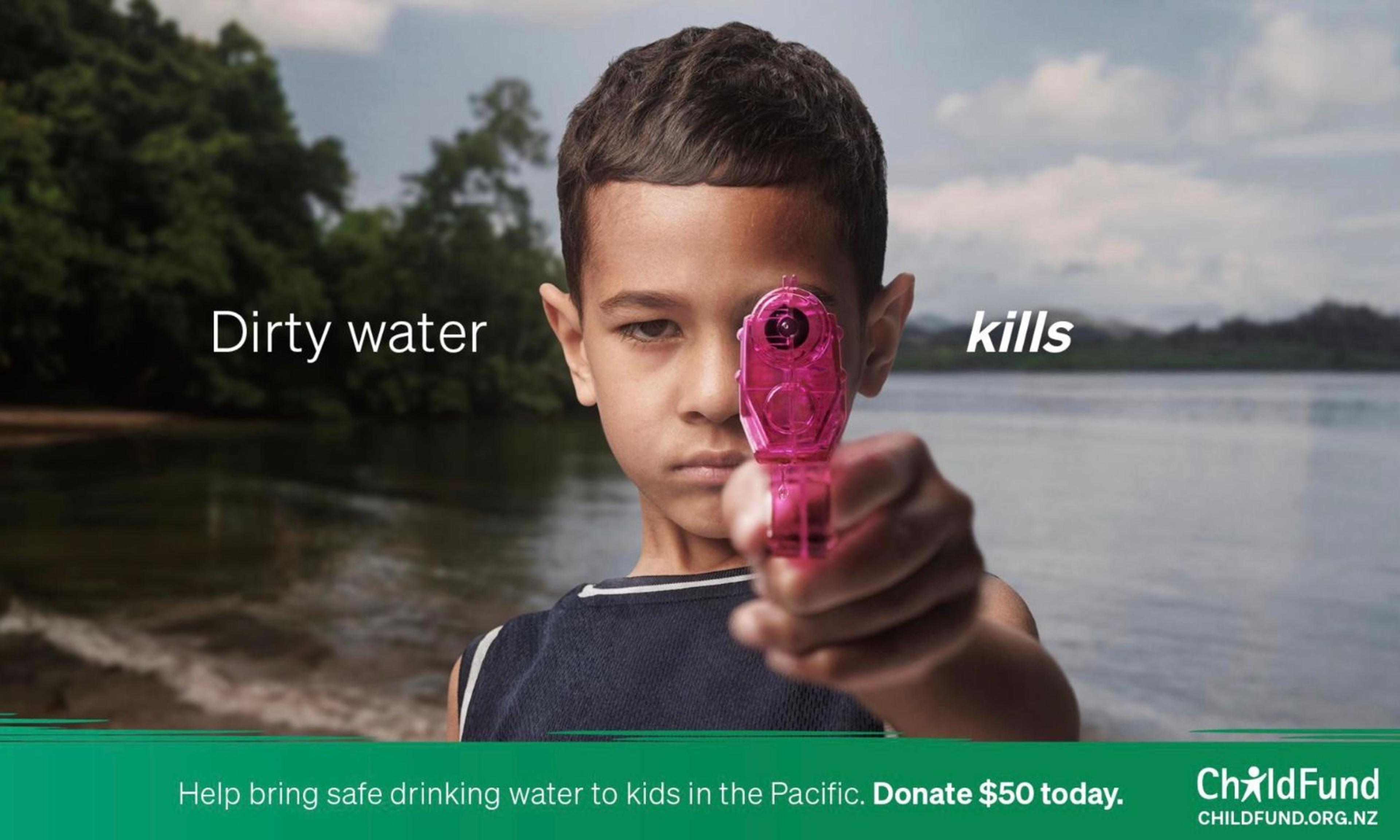
A young Pacific boy points a water gun at the camera in ChildFund New Zealand and FEDERATION’s new campaign highlighting the deadly threat of contaminated water for children in the Pacific.
Photo/ChildFund/FEDERATION/campaign brief
Pacific children dying from contaminated water: Campaigns set to shock Kiwis - NGO
ChildFund NZ has launched confronting initiatives aimed at showing New Zealanders the deadly reality facing tamariki in the region.

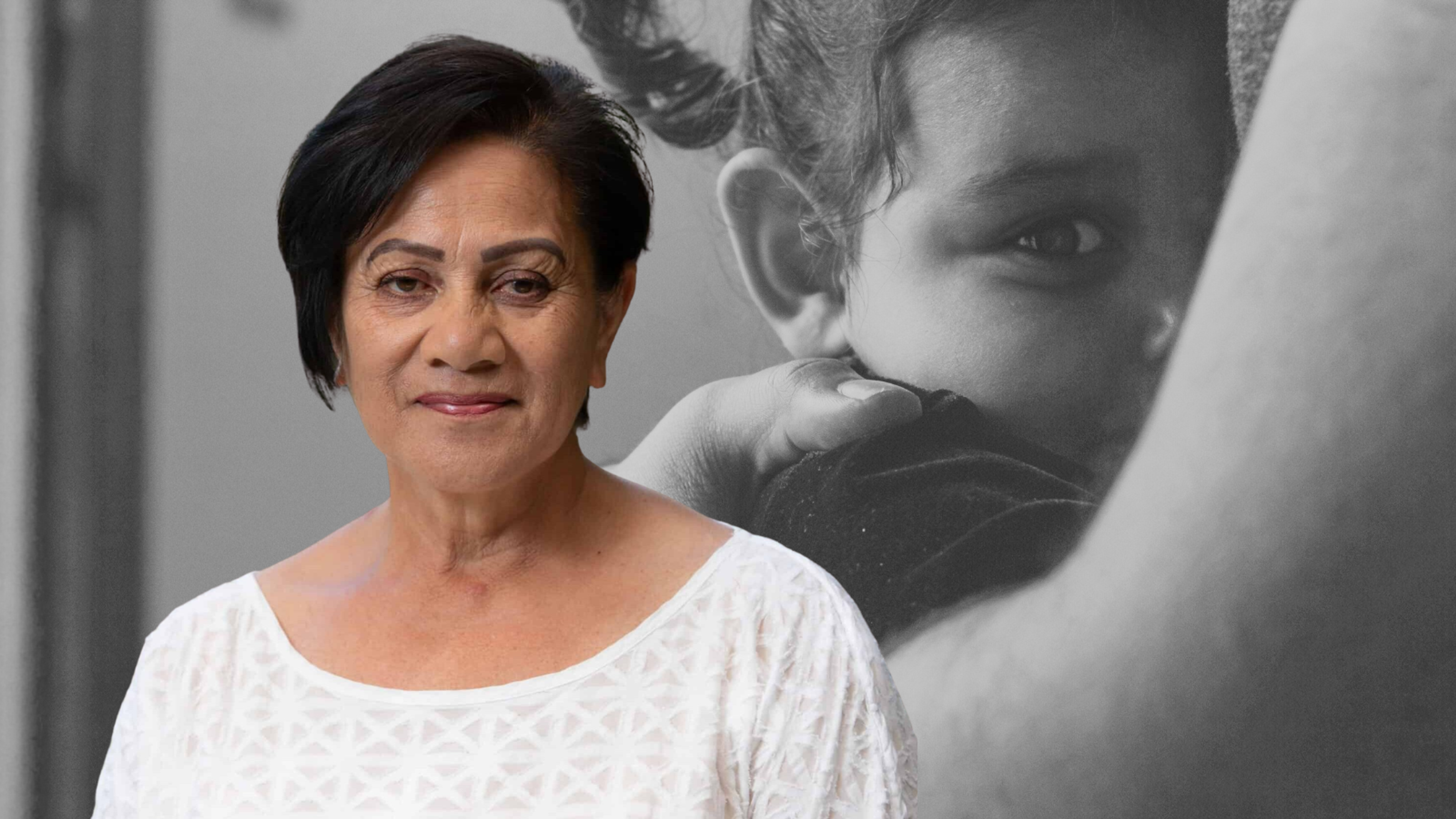
‘Don’t suffer in silence’: Pacific families see spike in violent crime
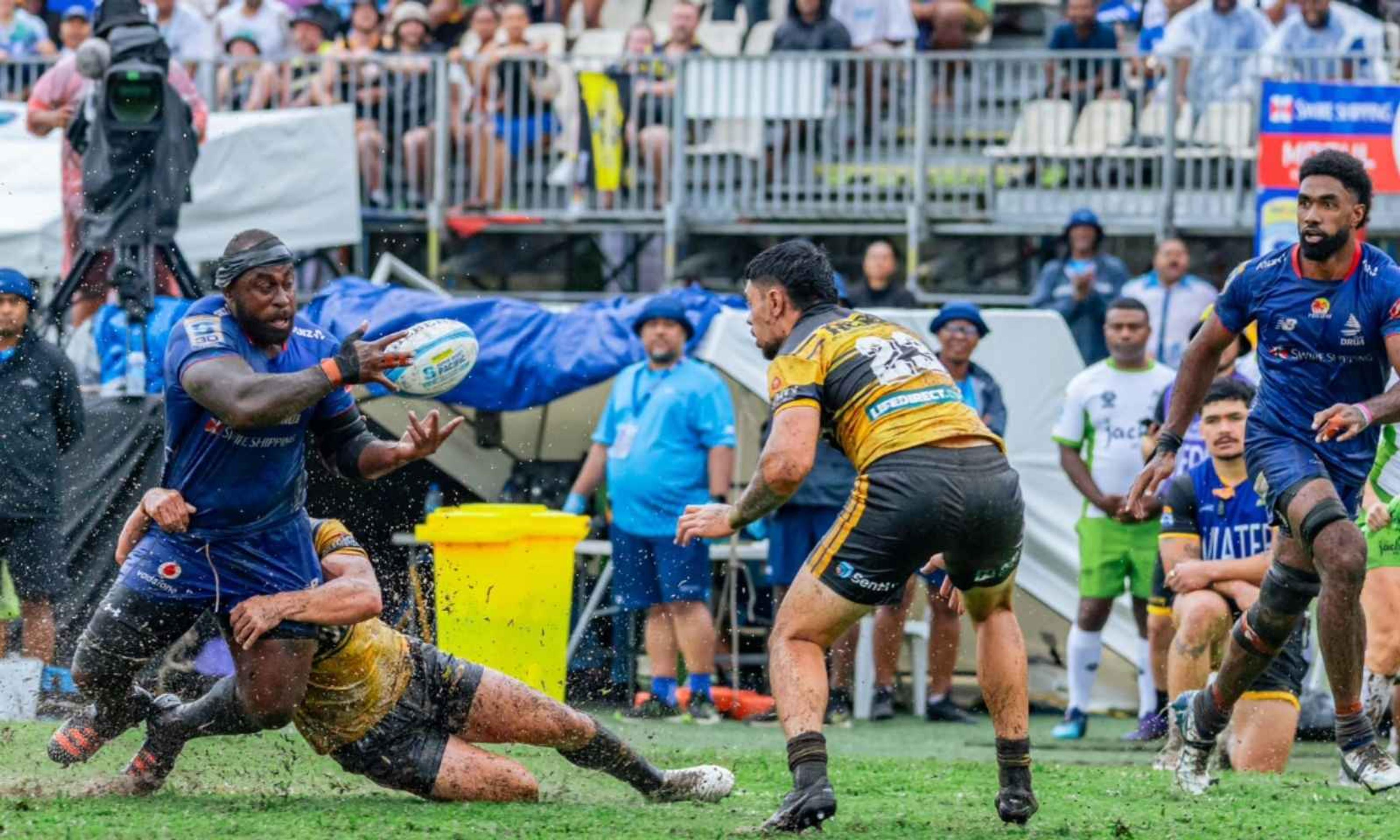
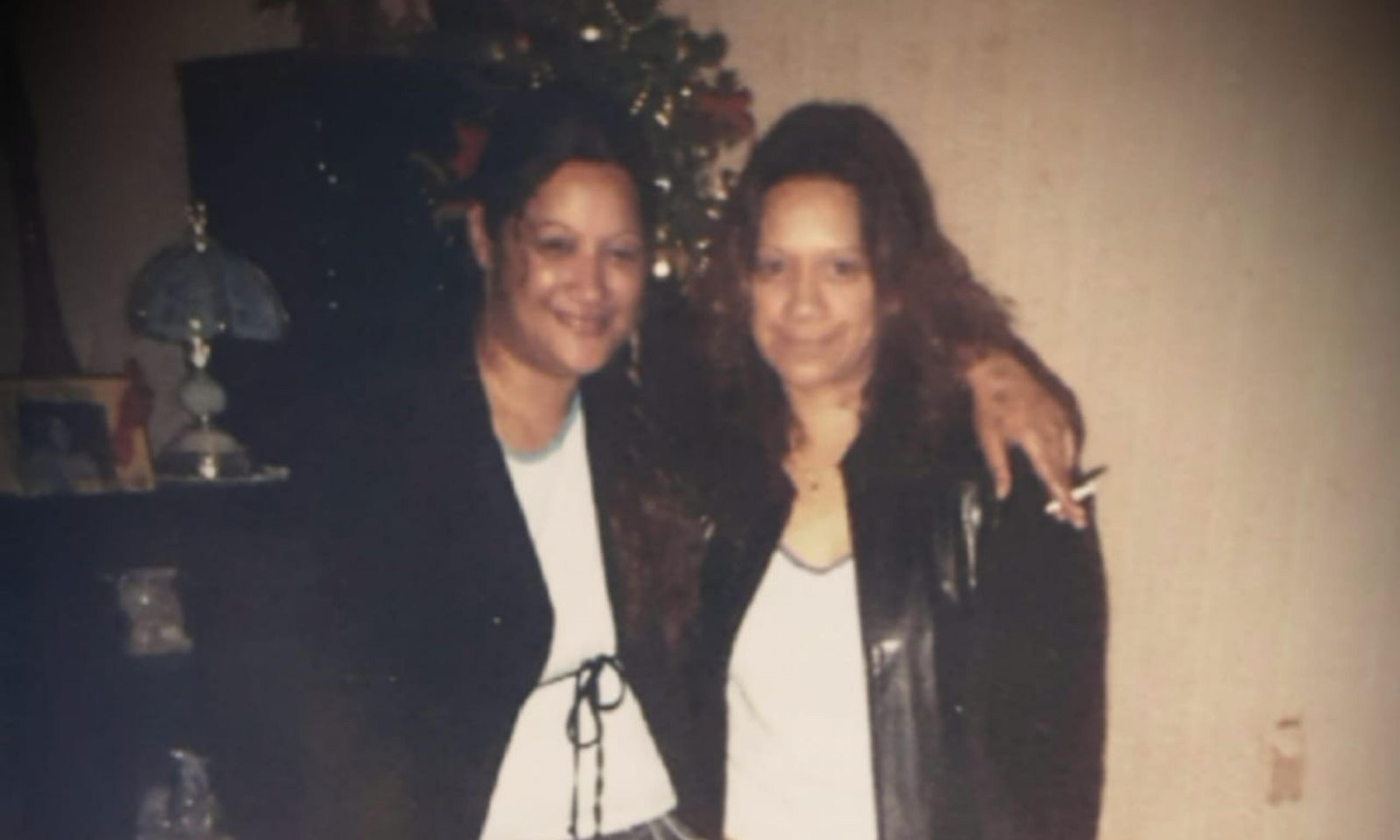
The time when aunty, at age 11, threw a knife at grandpa over mum

NRL’s record millions but what does it mean for the Pacific Islands' other rugby code?

‘Don’t suffer in silence’: Pacific families see spike in violent crime


The time when aunty, at age 11, threw a knife at grandpa over mum
ChildFund New Zealand says the Pacific is facing a water crisis that many New Zealanders still don’t fully see, and warns that children are dying because of it.
The charity has launched two new campaigns with FEDERATION, called “Deadly Weapon” and "Her First Sip", aimed at confronting Kiwis with what ChildFund calls the “real and preventable” danger facing Pacific children.
Josie Pagani, Chief Executive of ChildFund New Zealand, says the message needs to be uncomfortable. “We make no apology for offending you,” she says in a statement.
“Children are dying from drinking contaminated water in our region of the Pacific, and this is entirely preventable. We agree that people should feel shocked and outraged.”
According to ChildFund, more than five million people in the Pacific still do not have clean drinking water. In the Solomon Islands, one in 14 child deaths under the age of five is linked to diarrhoea. In Kiribati, it is one in 10.
Only 16 per cent of schoolchildren in the region have clean water at school, and about 30 per cent of children in the Solomon Islands show signs of stunting linked to contaminated water.
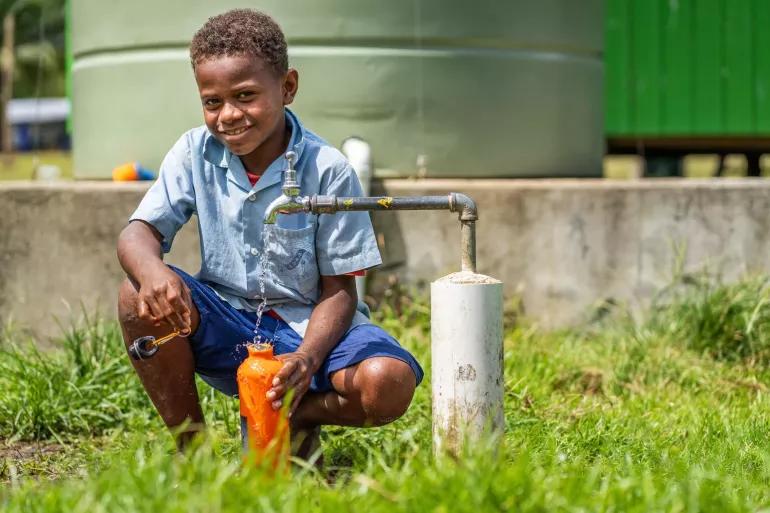
A child fills a bottle from a water tap in the Pacific, highlighting the everyday risk of contaminated water in communities lacking safe drinking water. Photo/UNICEF
The “Deadly Weapon” campaign shows a young Pacific boy pointing a water gun at the camera, a reminder that something as simple as drinking water can be deadly.
“Her First Sip” shows a baby drinking from a bottle that could be poisoning her, a fear many Pacific mothers know too well.
In a joint report released in August, the World Health Organization (WHO) and the United Nations Children's Fund (UNICEF) state that access to safe water, sanitation, and hygiene is one of the most powerful health measures we have.
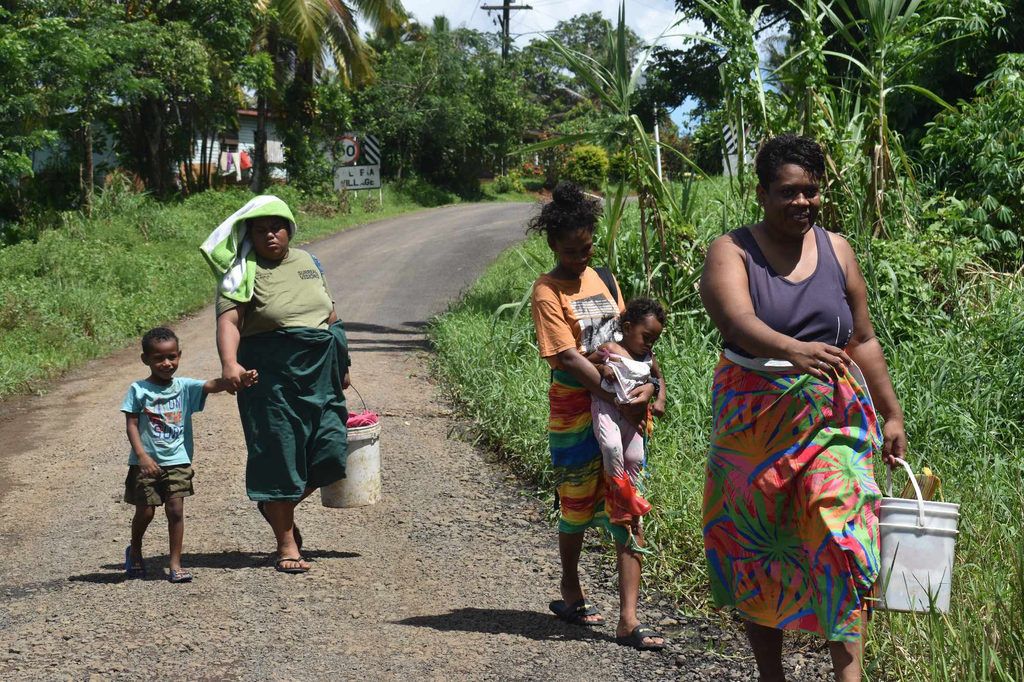
Residents of Bulileka, Fiji, walk to a nearby stream to fetch water and store it for drinking, cooking, and washing during water cuts. Photo/The Fiji Times
"It prevents disease, protects communities, and strengthens resilience in the face of climate change and growing inequities," a UNICEF statement reads.
"It is unacceptable that in 2025, millions of people in the Pacific still lack something as basic as clean water, a toilet, or a place to wash their hands.
"Water, sanitation and hygiene are not privileges, they are basic human rights … We must accelerate action, especially for the most marginalised communities."
Teachers in the Solomon Islands say residents struggle with water and sanitation not just at home, but also in schools.
Claire, of Paibeta Community High School on Savo Island, told ZFM that during the dry months, when tanks run dry, they would have to walk long distances to find wells or streams.
"Sometimes, people allow us to use their wells. Other times, we are turned away, leaving us desperate and unsure of where to find clean water.
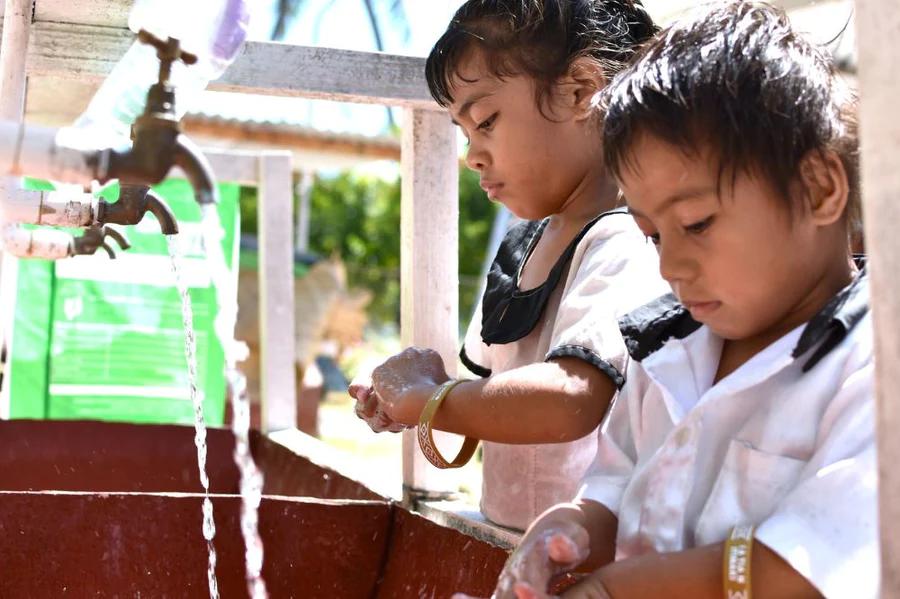
Students practise handwashing at a school in Kiribati as part of a WASH programme on how clean water access supports health and hygiene. Photo/ChildFund Alliance
"This training has been an eye-opener for us, equipping us with the skills to construct our own toilets, something that will greatly benefit our school and community."
Pae Seivaea, Chairman of St Luke Community on remote Tikopia Island in Temotu Province, told the Solomon Times: “For years, we had to carry water long distances, mothers, children, everyone. Now, clean water is right in front of our homes. It is truly changing our daily lives.”
A Pacific Community (SPC) report states: "Nothing is more precious to life than water....it is still a shocking statistic that 45 per cent of Pacific people still lack access to basic drinking water."
Brad Collett, Chief Creative Officer at FEDERATION, says the campaigns aim to stop New Zealanders from looking away. “This is life-saving work. ChildFundNZ aren’t asking for sympathy; they’re asking for outrage and action.
"It’s why with these two campaigns, we chose to use creativity as a ‘weapon for good’. We didn’t want to be polite; we needed to show the truth, which is horrifying.
"In New Zealand, we’re on autopilot when we fill our children’s drink bottles from the tap. But in parts of the Pacific, children miss school because they spend hours walking to collect clean water, or because they’ve become seriously ill from drinking contaminated water.
"No family should risk poisoning their child just to hydrate them. It’s why these two campaigns needed to disrupt and challenge the norms that New Zealanders take for granted.”
Pagani says the solutions exist, and ChildFund is already acting with communities. “ChildFund is already acting. In the remote Temotu Province of the Solomon Islands, ChildFund NZ is working with local partner Greenergy to rebuild a water pump serving 3,000 people.
"In Kiribati, desalination units are being installed to turn seawater into drinking water. We can stop children dying now. Please donate at childfund.co.nz.”
The Solomon Islands government, UNICEF, and the European Union (EU) recently signed a partnership to implement five targeted Water, Sanitation, and Hygiene (WASH) projects across Temotu Province.
The initiative will benefit more than 1000 people, including families and students across schools and health centres in Santa Cruz and the Reef Islands.
Temotu Premier Stanley Tehiahua stated at the signing: “These projects are more than infrastructure, they are a commitment to dignity, education, and health for the people of my province, the most remote in Solomon Islands and often forgotten in our country.”

Children drink from a shared tap in a Pacific community, illustrating the gap in access to safe, clean water. Photo/RNZ Pacific
Sharon Henderson, Chief Executive of FEDERATION, says New Zealanders need to understand how close this crisis is. “Creativity has the privilege of creating compound interest for brands by creating maximum attention.
"If we’re not using that attention to help save lives in New Zealand’s backyard of the wider Pacific region, then what are we doing?
"New Zealanders are generous, but you can’t fix what you don’t know. So we needed New Zealand to feel this problem, not scroll past it. This is creativity ROI² that fights for something real. Something urgent. Something human.”